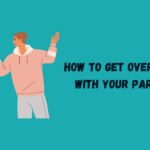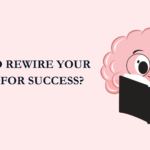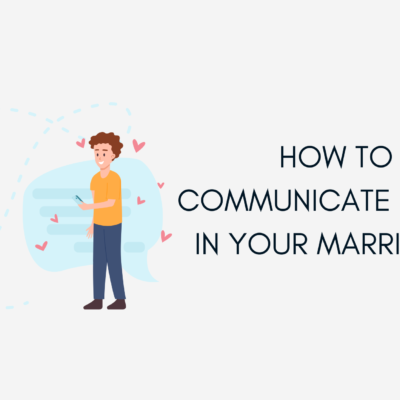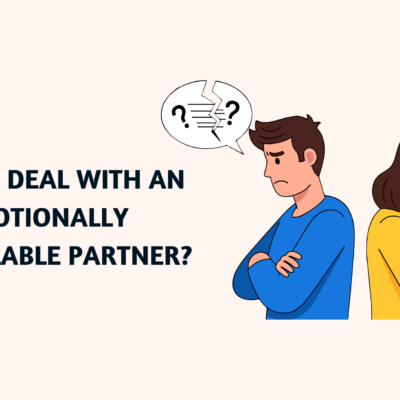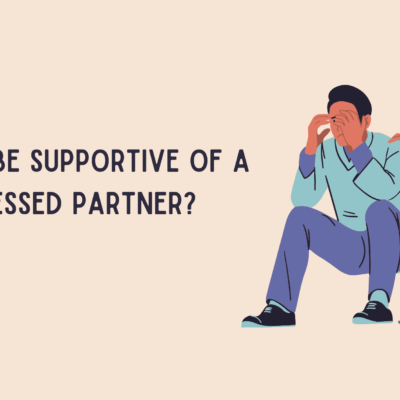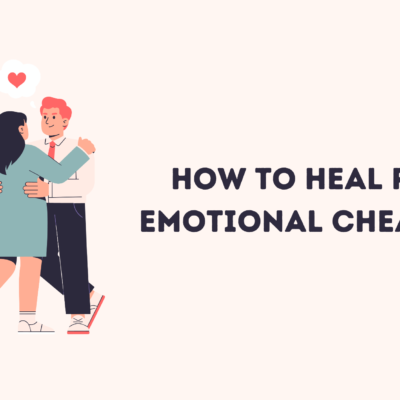How to Stop Loving Someone who Hurt You: Love is one of the most beautiful experiences we can have, but when love is tied to pain, betrayal, or disappointment, it can become one of the hardest emotions to let go of. Many people find themselves holding on to love for someone who hurt them, whether through lies, neglect, betrayal, rejection, or abandonment. The heart clings even when the mind knows better, making the healing process confusing and exhausting.
If you’ve been hurt and are struggling to stop loving the person who caused that pain, know this: you’re not alone. Healing takes time, self-compassion, and deliberate choices. This article will guide you through understanding your emotions, creating healthy distance, reclaiming your self-worth, and ultimately learning how to release love that no longer serves you.
Also Read:
1. Acknowledge the Pain and Betrayal
The first step in letting go is recognizing what happened without minimizing it. Many people stay stuck because they downplay the hurt:
- “It wasn’t that bad.”
- “Maybe I overreacted.”
- “If I’d tried harder, things would have been different.”
But love doesn’t justify mistreatment. By acknowledging, “This person hurt me, and it’s not okay,” you validate your feelings and give yourself permission to move forward. Suppressing pain only ties you to the person longer.
2. Accept That Love and Hurt Can Coexist
One of the hardest parts of moving on is accepting that it’s possible to love someone deeply and still recognize they were not good for you. Love doesn’t vanish overnight just because someone betrayed or disappointed you. Trying to force yourself to “stop loving them immediately” only leads to guilt and frustration.
Instead, remind yourself: “I may still love them, but I don’t need to stay attached. Love can exist without being acted on.” Accepting this duality helps bridge the gap between your heart and your logic.
3. Cut Off or Limit Contact
It’s nearly impossible to heal if you remain in constant contact with the person who hurt you. Staying connected reopens wounds and prevents emotional detachment. Consider:
- Going no contact. Block them on social media, delete their number, and avoid places you might run into them.
- If contact is unavoidable (e.g., co-parenting). Keep interactions minimal, polite, and strictly practical.
Distance gives your heart the space it needs to detox from emotional dependency.
4. Let Go of “What Ifs”
Many people remain emotionally tied to someone who hurt them because they replay scenarios in their mind:
- “What if they change?”
- “What if we had one more chance?”
- “What if I’m the problem?”
These thoughts create false hope and keep you trapped in a cycle of longing. Remind yourself: the person showed you who they are through their actions. Hope for change often delays healing. Shift your focus to what is, not what could have been.
5. Reframe How You See the Relationship
Instead of romanticizing the good moments, try to see the relationship in its entirety. Ask yourself:
- Did this person consistently respect me?
- Did I feel safe, loved, and valued?
- Did their actions align with their words?
Many times, we cling to an idealized version of someone rather than who they truly were. By reframing, you start to see that you’re not losing love—you’re releasing illusion.
6. Rebuild Your Self-Worth
Being hurt often damages self-esteem. You may start believing you weren’t enough or that you somehow deserved mistreatment. Healing requires reclaiming your worth:
- Affirmations: Remind yourself daily, “I am worthy of respect and love.”
- Self-care: Nourish your body, mind, and spirit through healthy eating, exercise, journaling, and rest.
- Achievements: Focus on your goals and passions to remind yourself of your value outside of relationships.
The stronger your sense of self, the less power the person who hurt you will have over you.
7. Process Your Emotions Fully
Moving on doesn’t mean suppressing emotions. Grief, anger, sadness, and longing are natural when letting go of love. Journaling, therapy, or talking to trusted friends can help you process.
- Cry if you need to. Tears release emotional weight.
- Express anger safely. Exercise, scream into a pillow, or write unsent letters.
- Allow sadness. Grief is proof of how much you cared, not a weakness.
Unprocessed emotions resurface later; processing them now accelerates healing.
8. Forgive for Your Own Freedom
Forgiveness doesn’t mean condoning what happened—it means releasing the emotional grip it has on you. Carrying resentment ties you to the person who hurt you.
Forgiveness is not about saying, “It’s okay.” It’s about saying, “I will no longer let this pain control me.” You forgive not because they deserve it, but because you deserve peace.
9. Replace Old Patterns with New Habits
Love isn’t just an emotion—it’s also a habit. You may be used to checking their social media, waiting for their messages, or thinking about them before bed. Breaking these habits takes conscious effort:
- Replace scrolling their profile with reading or meditation.
- Replace waiting for their texts with connecting with friends.
- Replace fantasizing about them with visualizing your own future goals.
Over time, new habits rewire your brain to detach emotionally.
10. Focus on What You Gained
Painful relationships can still teach us valuable lessons:
- You learn about your boundaries.
- You discover your resilience.
- You understand more about the kind of love you deserve.
By shifting focus from “I lost someone I loved” to “I gained wisdom and strength,” you reclaim power from the situation.
11. Surround Yourself with Support
Healing in isolation is difficult. Seek people who uplift you:
- Close friends or family who remind you of your worth.
- Support groups or online communities for people going through heartbreak.
- A therapist who can help you untangle complicated emotions.
Being around people who genuinely care reminds you that love still exists—even if it didn’t come from the person you wanted.
12. Rediscover Yourself
Sometimes we lose ourselves in relationships, making detachment harder. Use this time to reconnect with your individuality:
- Pursue hobbies you neglected.
- Travel, explore, or try new experiences.
- Rebuild independence financially, emotionally, and socially.
The more you invest in your growth, the less space that person occupies in your heart.
13. Be Patient with the Process
Letting go of love isn’t linear. Some days you’ll feel strong and free; other days, you’ll feel pulled back into longing. This doesn’t mean you’re failing—it means you’re healing.
Healing takes time, but every small step forward matters. Trust that with patience, the intensity of your feelings will fade.
14. Open Yourself to New Possibilities
You may not feel ready for new love right away—and that’s okay. But remind yourself that this one painful relationship doesn’t define your future. There are people who will treat you with respect, care, and devotion.
When the time is right, open your heart to healthier connections built on mutual respect and love.
Final Thoughts
Stopping love for someone who hurt you is not about erasing feelings overnight; it’s about gradually choosing yourself over the pain. It’s about acknowledging the hurt, setting boundaries, reclaiming self-worth, and learning to release what no longer serves your soul.
Yes, it’s painful to love someone who hurt you, but it’s even more painful to stay stuck in that love forever. Healing doesn’t mean forgetting them—it means remembering yourself again.
Over time, the grip of their memory will fade, and what will remain is a stronger, wiser, and freer version of you—someone who knows they are worthy of love that heals, not love that hurts.

